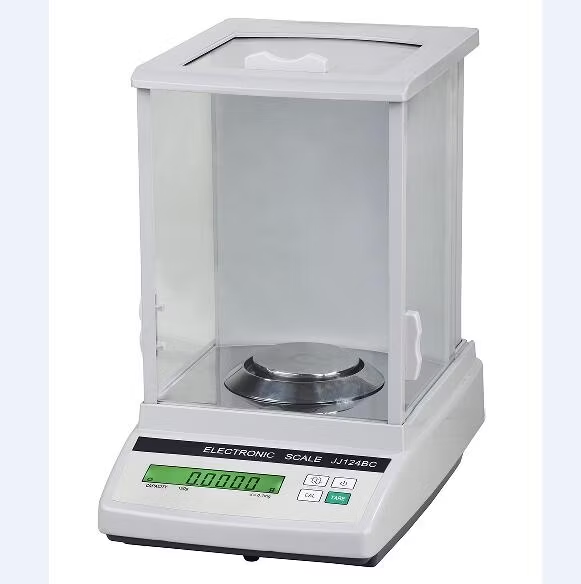What Does “Q/DWC 0001S企业标准” Mean and Why Should You Care?
“Q/DWC 0001S企业标准” is a term that’s been buzzing around in industrial and corporate settings lately.
It refers to a specific enterprise standard (or corporate standard) used by Chinese companies to define internal protocols for manufacturing, quality control, or service delivery.
If you’ve ever wondered how businesses maintain consistency across operations, this might be the backbone of their strategy.
Let’s break this down to show how it’s relevant and why it matters.
Why Is 企业标准 Important for Businesses?
Enterprise standards like “Q/DWC 0001S企业标准” set the rules of the game for organizations.
Here’s how:
- Consistency Across Products: Whether it’s a car part or a tech gadget, the same quality is guaranteed each time.
- Compliance and Trust: Standards align companies with regulatory requirements, fostering trust among clients and partners.
- Internal Efficiency: Everyone’s on the same page, avoiding confusion or mismatched processes.
Picture this:
A company produces microchips. Without a standard, the quality could vary wildly, making their product unreliable. With “Q/DWC 0001S企业标准” in place, every chip meets the same high bar.

Who Uses “Q/DWC 0001S企业标准” and Why?
You’ll find this standard popping up in manufacturing-heavy industries, especially in China.
Here’s why companies adopt it:
- Clear Guidelines: For everything from production timelines to material sourcing.
- Market Competitiveness: Following enterprise standards makes businesses more appealing to global clients.
- Problem Prevention: A standard minimizes risks of defects or inconsistencies.
For example, if a factory makes solar panels for export, meeting this enterprise standard could open the door to contracts in Europe or North America.
How Does “Q/DWC 0001S企业标准” Work in Practice?
Think of it as a rulebook.
It dictates:
- Raw Material Quality: Only approved suppliers and materials are used.
- Production Processes: Each step follows a strict protocol.
- Final Product Testing: Rigorous checks ensure compliance with the standard.
Here’s a relatable example:
Imagine a bakery deciding to implement “Q/DWC 0001S企业标准”. They might specify:
- Flour must come from certified organic farms.
- Dough must be kneaded for a precise number of minutes.
- Every loaf undergoes a weight check before packaging.
Is “Q/DWC 0001S企业标准” the Same as National or International Standards?
Not quite.
While it’s as rigorous as national (GB) or international (ISO) standards, “Q/DWC 0001S企业标准” is designed specifically for one enterprise.
Here’s the key difference:
- National/International Standards: Apply broadly across industries and countries.
- Enterprise Standards: Tailored for a single company’s needs.
For example, Coca-Cola might have its internal formula and quality checks—its own “Q/DWC 0001S企业标准” equivalent—to maintain the iconic taste globally.
Real-Life Benefits of “Q/DWC 0001S企业标准”
Let’s talk results.
Companies adopting this type of enterprise standard typically report:
- Fewer Product Defects: High standards lead to better results.
- Lower Operational Costs: Streamlined processes reduce waste and errors.
- Stronger Brand Reputation: Clients value consistent, reliable output.
One factory producing medical equipment implemented “Q/DWC 0001S企业标准” and saw complaints drop by 50% in just one year.
FAQs About “Q/DWC 0001S企业标准”
What Does “Q/DWC” Stand For?
It’s likely an abbreviation related to the company’s name or industry, common in Chinese enterprise standards.

Can Small Businesses Use It?
Absolutely.
Even small businesses benefit from having internal standards, though they might call them SOPs (standard operating procedures) instead.
Is It Mandatory?
No, but it’s a smart move for companies wanting to improve quality and scalability.
How Can I Learn More?
Look into resources like China’s Standardization Administration (www.sac.gov.cn) or industry-specific guidelines to see how standards are crafted.
Final Thoughts on “Q/DWC 0001S企业标准”
“Q/DWC 0001S企业标准” isn’t just a fancy phrase.
It’s a tool for building better, more reliable businesses.
Whether you’re running a factory or simply curious about quality control, understanding standards like this could be a game-changer.














Post Comment